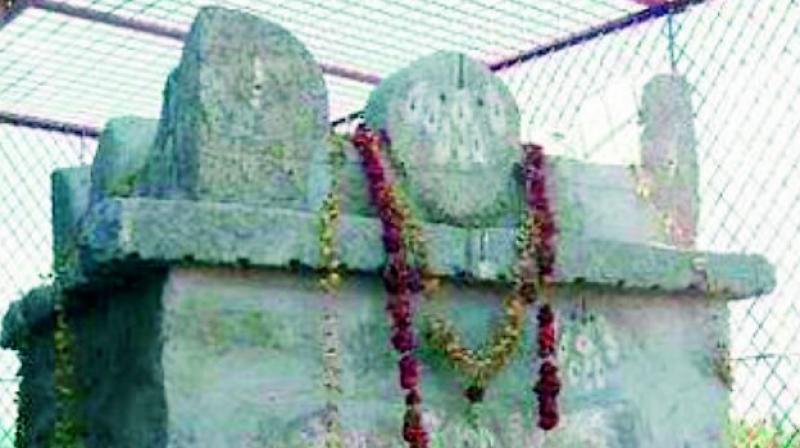Anantapur: Narahari Tirtha Aradhana today
He is considered as the forerunner of Hari Dasa movement.

ANANTAPUR: Sri Narahari Tirtha was a direct disciple of Srimad Ananda Tiirtha and also king of Kalinga in the 13th century. He is regarded as the forerunner of the Hari-Daasa movement across the country. The ‘aradhana’ of this saint is being celebrated in all parts including Hampi, Vijayanagar capital in Karnataka, Mantralayam in Kurnool district and other areas on Tuesday. He is said to have been the minister of Kalinga (in present-day Orissa) before he became Madhva’s disciple. His name then was Shyaama Shastri in 1264.
In one instance, he went to Kalinga on the order of Srimad Ananda Tiirtha, to procure the legendary idol of Mula-Rama from the state treasury of Kalinga.
Ages later, the same idol was in the treasury of the Kalinga kingdom, where it lay unrecognised for what it really was. At this time, Kalinga was without a leader owing to the death of the king. As the prince was still very young, the regent was to be chosen by an elephant. It so happened that Sri Narahari Tiirtha was picked, and he ruled Kalinga for 12 years.
After this, the royal family made him many offers of great gifts, which he spurned, and took only the idol of Lord Rama with him, though his hosts did not think that was a worthwhile gift for his immense service to them. Sri Narahari Tiirtha returned with the deity which was gifted to him by the newly crowned king, Gundachar, priest of Hampi recalled. In 1324, he succeeded Padmanaabha Tiirtha as the head of the mutt and was the pontiff for nine years.
Sri Narahari Tiirtha was responsible for propagating his philosophy to attract aristocratic families of the Kalinga and Andhra region, including the Matsya rulers of Oddavadi. Sri Vyasaraj Mututtaradhikari Sri Vidyavijaya Theertha observed the saint had begun ‘dasa sahitya’ which continues even after 6 six centuries across the country. He renounced his physical body in 1333 and his Brindaavana was at Chakratiirtha, near Hampi banks of Tungabhadra.

